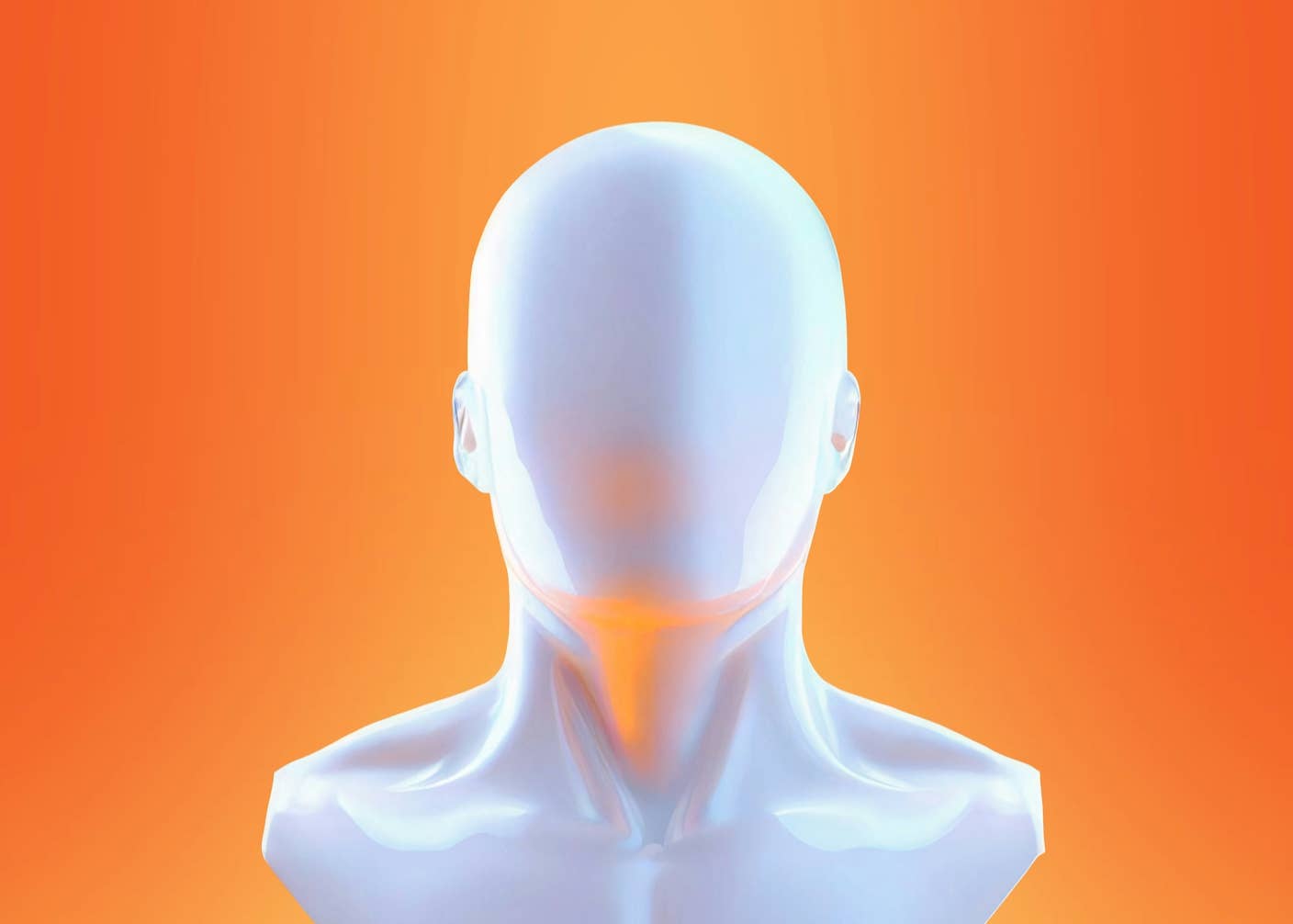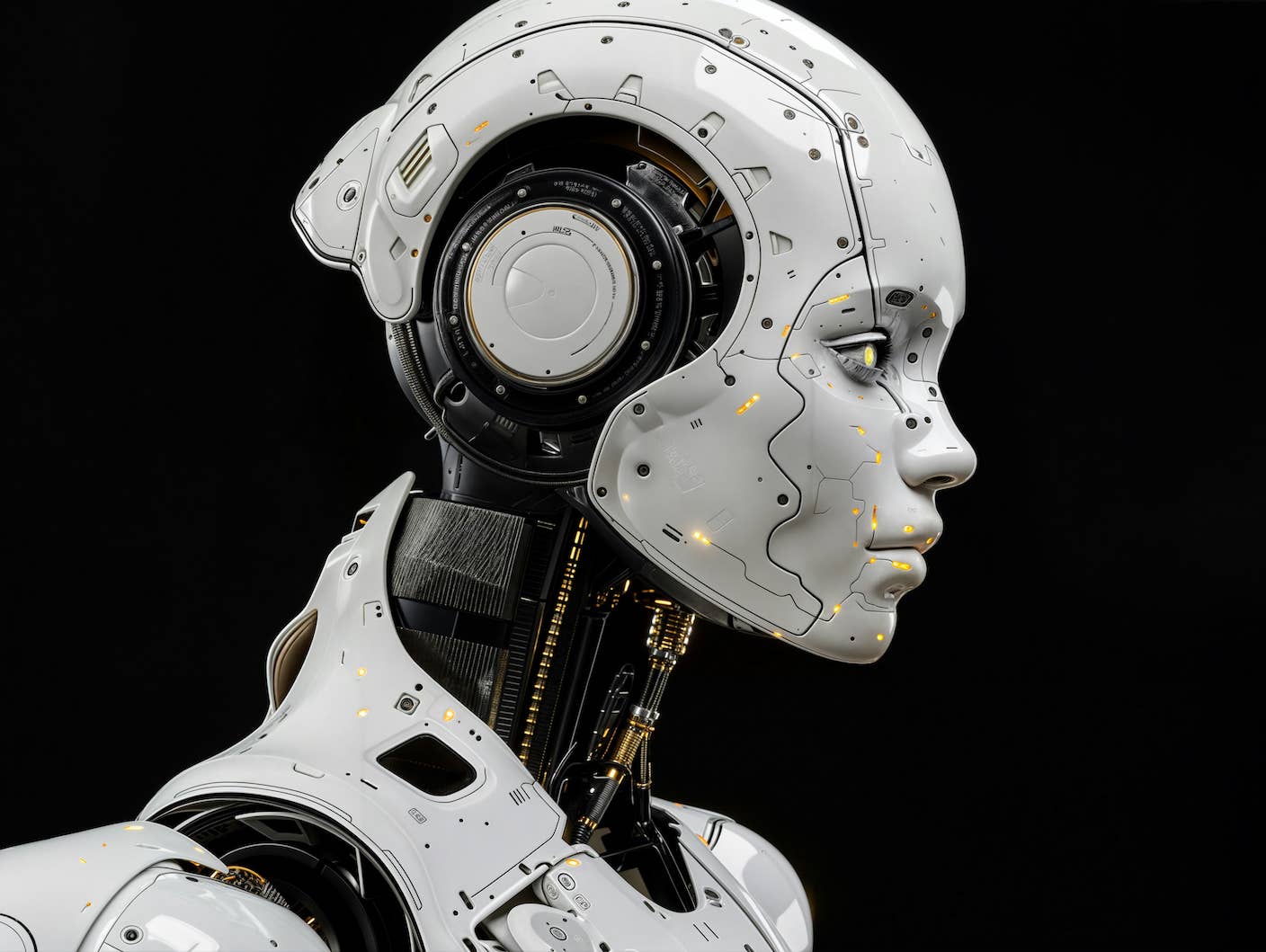Watch: Where AI Is Today, and Where It’s Going in the Future

Share
2016 was a year of headlines in artificial intelligence. A top-selling holiday gift was the AI-powered Amazon Echo; IBM Watson was used to diagnose cancer; and Google DeepMind’s system AlphaGo cracked the ancient and complex Chinese game Go sooner than expected.
And progress continues in 2017.
Neil Jacobstein, faculty chair of Artificial Intelligence and Robotics at Singularity University, hit the audience at Singularity University’s Exponential Manufacturing Summit with some of the more significant updates in AI so far this year.
DeepMind, for example, recently outlined a new method called Elastic Weight Consolidation (EWC) to tackle “catastrophic forgetting” in machine learning. The method helps neural networks retain previously learned tasks.
Be Part of the Future
Sign up to receive top stories about groundbreaking technologies and visionary thinkers from SingularityHub.


And a project out of Newcastle University is using a convolutional neural network to teach a robotic hand abstract grasping patterns. Once hooked up to their system, the robotic hand is able to uniquely approach and pick up different objects, like a can or a box. (Think about the impact this technology may have on assembly lines.)
These are just two of a number of developments and advances moving AI ahead in 2017.
For those worried AI has become overhyped, we sat down with Jacobstein after his talk to hear firsthand about progress in the field of AI, the practical applications of the technology that he’s most excited about, and how we can prepare society for a future of AI.
Image Source: Shutterstock
Alison tells the stories of purpose-driven leaders and is fascinated by various intersections of technology and society. When not keeping a finger on the pulse of all things Singularity University, you'll likely find Alison in the woods sipping coffee and reading philosophy (new book recommendations are welcome).
Related Articles

Scientists Want to Give ChatGPT an Inner Monologue to Improve Its ‘Thinking’

Humanity’s Last Exam Stumps Top AI Models—and That’s a Good Thing

AI Now Beats the Average Human in Tests of Creativity
What we’re reading